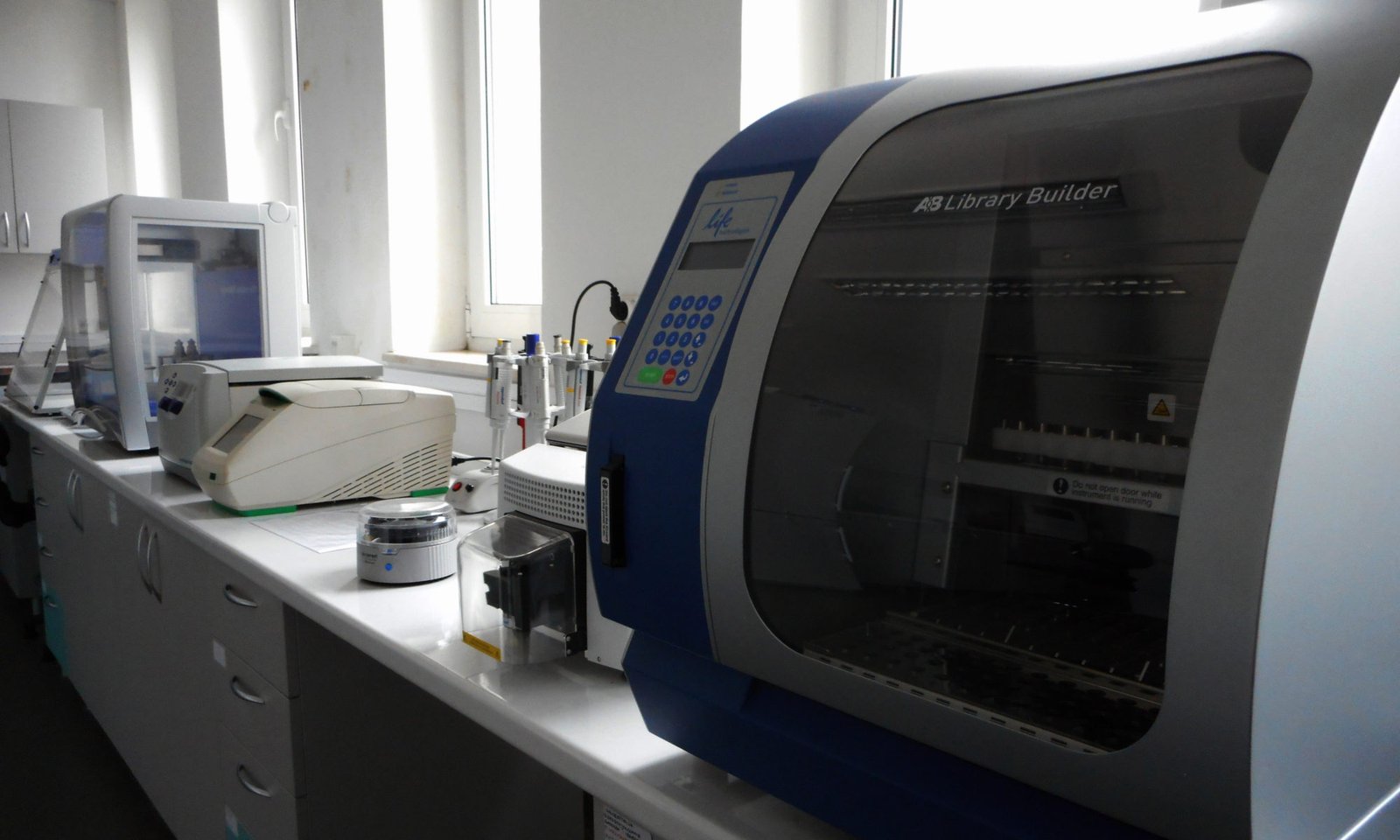Abstract
Coffee and caffeine are speculated to be associated with the reduced risk of Parkinson’s disease (PD). The present study aimed to investigate the disease-modifying potential of caffeine on PD, either for healthy people or patients, through a meta-analysis. The electronic databases were searched using terms related to PD and coffee and caffeinated food products. Articles were included only upon fulfillment of clear diagnostic criteria for PD and details regarding their caffeine content. Reference lists of relevant articles were reviewed to identify eligible studies not shortlisted using these terms. In total, the present study enrolled 13 studies, nine were categorized into a healthy cohort and the rest into a PD cohort. The individuals in the healthy cohort with regular caffeine consumption had a significantly lower risk of PD during follow-up evaluation (hazard ratio (HR) = 0.797, 95% CI = 0.748–0.849, p < 0.001). The outcomes of disease progression in PD cohorts included dyskinesia, motor fluctuation, symptom onset, and levodopa initiation. Individuals consuming caffeine presented a significantly lower rate of PD progression (HR = 0.834, 95% CI = 0.707–0.984, p = 0.03). In conclusion, caffeine modified disease risk and progression in PD, among both healthy individuals or those with PD. Potential biological benefits, such as those obtained from adenosine 2A receptor antagonism, may require further investigation for designing new drugs.
The Effect of Caffeine on the Risk and Progression of Parkinson’s Disease: A Meta-Analysis https://t.co/ROprR5jTMf #INPST #Caffeine #Parkinsons @erlesen @HealthyFellow @MarcoAlbuja @ShraboniGhosal @nathantwala @deNutrients
— INPST (@_INPST) August 26, 2020
Other social media channels: https://t.co/WO0pc6I3Q9 pic.twitter.com/25buYDtzln
Keywords: caffeine; Parkinson’s disease; risk; progression; meta-analysis, #Caffeine, #Parkinsons.
Why publish with Current Research in Biotechnology? Quality. Speed. Visibility. https://t.co/xj0ri5DgNI #CRBIOTECH #INPST pic.twitter.com/jcIVOavjjf
— Atanas G. Atanasov (@_atanas_) June 26, 2019
The International Natural Product Sciences Taskforce (INPST) maintains up-to-date lists with conferences, grants and funding opportunities, jobs and open positions, and journal special issues with relevance for the area of phytochemistry and food chemistry, pharmacology, biotechnology, medicine and pharmacognosy research, and natural product science.
Join for free INPST as a member

























